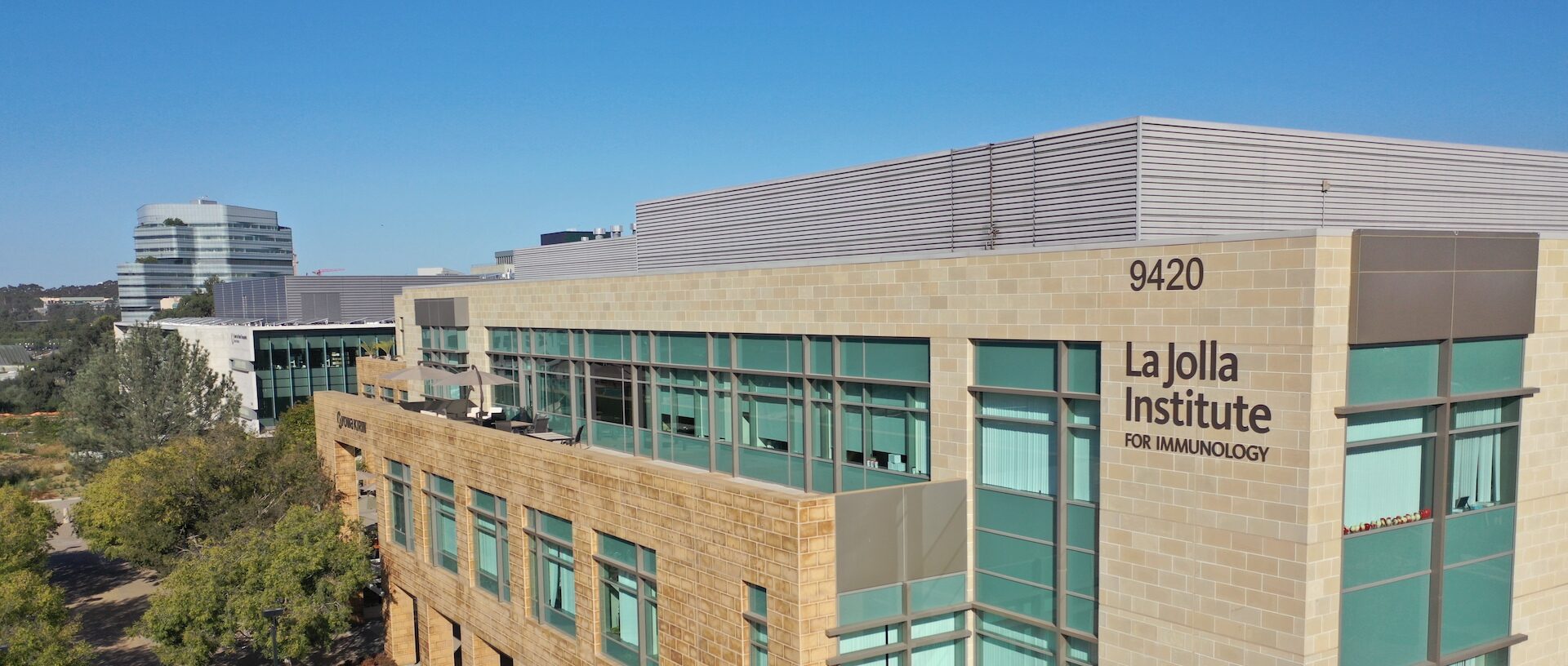Hypothesis-driven research is at the heart of scientific endeavors. But just as often as confirming current ideas, experimental observations can bring carefully constructed hypotheses crashing down. Thus was the case when Dr. Matthias von Herrath’s team questioned the involvement of interleukin-1ß in type 1 and type 2 diabetes. Long believed to originate in pancreatic ß-cells and contributing to their destruction, neither was the case when the team took a closer look in pancreatic tissue from diabetic and non-diabetic donors.
They found that interleukin-1ß was produced at comparable level in both non-diabetic and diabetic donors and that, most importantly, the main source for interleukin-1β was alpha cells. These results call into question the prevailing hypothesis that interleukin-1β plays role in the pathogenesis of diabetes and may explain why previous clinical trials attempting to block interleukin-1β function have had minimal success.


